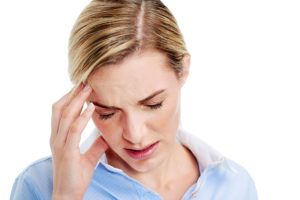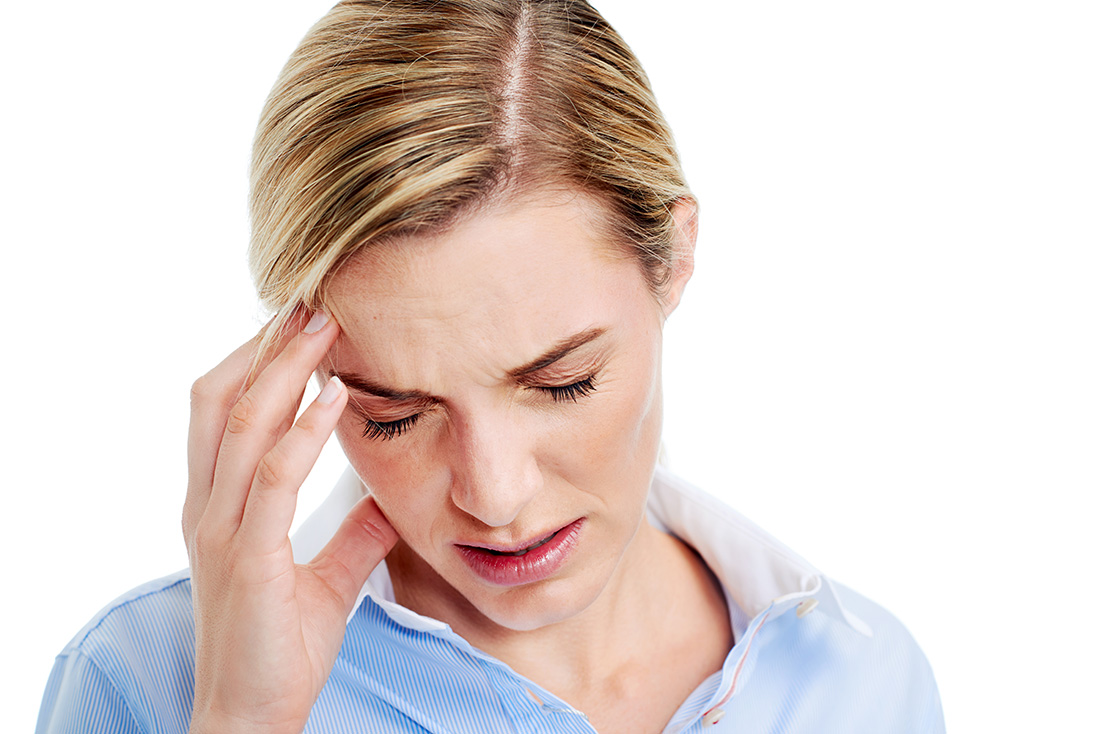 Meniere’s disease is a disorder of the inner ear that causes vertigo (feeling like everything around you is spinning). It also leads to hearing loss, ringing in the ears, and a sense of congestion in the ear. Meniere’s disease usually affects only one ear, but both ears may be affected in about 15% of patients.
Meniere’s disease is a disorder of the inner ear that causes vertigo (feeling like everything around you is spinning). It also leads to hearing loss, ringing in the ears, and a sense of congestion in the ear. Meniere’s disease usually affects only one ear, but both ears may be affected in about 15% of patients.
There are approximately 615,000 people that have Meniere’s disease in the United States, as reported by the National Institute on Deafness and Other Communication Disorders. Around 45,500 people are diagnosed each year, and it is most prevalent in people between 40 to 50 years of age.
Why Does Meniere’s Happen?
There are no definite answers on hand as to what causes Meniere’s disease, but many theories exist:
- Viruses
- Allergies
- Genetics
- An autoimmune response
- Migraines
- Circulation problems
It is generally agreed upon by medical doctors is that the disease is the result of a buildup of fluid in the compartments of the inner ear, called the labyrinth. The labyrinth holds structures that help with hearing and balance. The extra fluid interferes with the signals the brain receives, causing vertigo and hearing issues.
What are the Classic Signs of Meniere’s?
The symptoms of Meniere’s disease differ from person to person depending on the severity or whether the symptoms appear before, during, between, or after attacks. As your Meniere’s progresses through different stages, your symptoms may transform. In the early stages, most people experience sudden attacks of vertigo that go together with nausea, vomiting, and dizziness.
Sometimes before an episode hits, an aura is reported, a precursor to the Meniere’s attack. It is recommended to keep an eye out for these warning signs of Meniere’s to help you get ready before the attack comes on:
- Lightheadedness or dizziness
- Tinnitus (ringing in the ears)
- A feeling of uneasiness
- Hearing loss
- Problems with keeping balance
- Sensitivity to sound
- Increased sense of pressure in the ear
- Headache
Permanent hearing loss and tinnitus continue to develop and may be worse during attacks of vertigo. During the later stages, the episodes of vertigo occur less frequently and sometimes stop altogether. However, the tinnitus and hearing loss often become worse, and you may be left with no balance and hearing problems.
What Triggers Meniere’s Attacks?
Identifying your specific, personal triggers is an essential step when you live with Meniere’s. Those suffering from the disease report certain events and things can trigger an unpredictable attack:
- Certain foods
- Changes in pressure
- Stress
- Fatigue
- Too much salt in the diet
- Overwork
- Emotional distress
- Additional illness
How Long Do Attacks Last?
Meniere’s attacks can be as brief as 20 minutes or may last as long as 24 hours. It can take a day or two for the symptoms to vanish fully. Attacks can come about several times a week, or months or even years apart.
Actionable Tips for Coping with Meniere’s Disease
Having Meniere’s disease can be tough, but don’t let it stop you from living an enjoyable life. Coping with Meniere’s is an ongoing process, and there is a great deal of work required. Make sure you apply these tips to alleviate your discomfort.
Take care of your body.
A healthy lifestyle can help you better cope with the challenges of Meniere’s disease. Be active by getting regular exercise. Exercise can help keep your body stay healthy physically and mentally.
Educate the people around you.
Talk to your friends and family about Meniere’s disease. The more they know about it, the easier it will be for them to understand your situation and offer help when they can. Inform your loved ones about what might happen when you undergo an attack so that they can provide their support.
Have a low-sodium diet.
To decrease the fluid pressure in the inner ear, make sure to reduce your intake of salt. A low-sodium diet can keep attacks at bay. Some specialists also recommend reducing general fluid intake and avoiding caffeine, alcohol, and chocolates.
Prepare ahead.
Talk to your family doctor about what should be done when Meniere’s attacks happen. Be sure to have a safe, comfortable place you can relax in and avoid any head movement if possible. Some patients feel that keeping their eyes open and focused on something around 18 inches in front of the face helps. If you have prolonged vomiting, you might need to go to the hospital if you become dehydrated.
Take a rest.
After an attack, have a short rest, but try to get up and move around shortly thereafter, as you will help the brain to regulate balance and reprogram back to normal.
Upper Cervical Chiropractic Care Works Naturally
One reason for Meniere’s disease to develop is a misalignment in the bones of the upper cervical spine. The top bones of the spine – the atlas and axis – protect the brainstem. This is an area of the central nervous system accountable for regulating automatic functions of the body. If a misalignment exists in either of these bones, the brainstem may not function correctly. This means that signals being sent to and from the brain can be messed up. This can lead to irregular fluid buildup in the ears and cause the symptoms of Meniere’s disease. Interestingly, many Meniere’s patients recall having trauma to the head or neck many years before the onset of Meniere’s.
Upper cervical chiropractic care is a highly effective, natural treatment option for Meniere’s. It is drug-free and non-invasive. Here at Ribellia Family Chiropractic, we use a method that is scientific-based and precise to help realign the bones of the neck. We use a gentle technique that avoids forceful popping or cracking of the spine.
If you are looking for a family-friendly chiropractor for Meniere’s, vertigo, or another health concern, we’re at your service.

